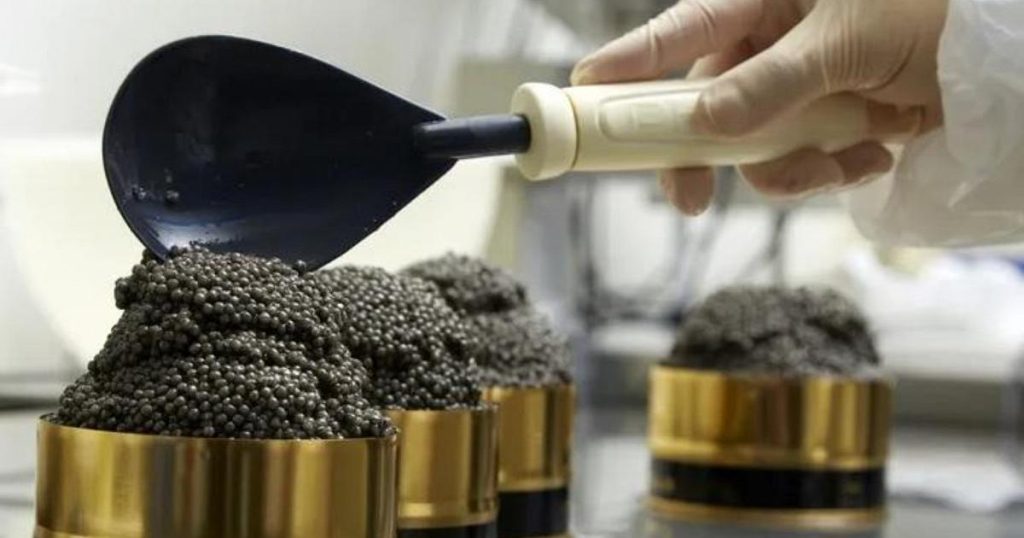In the world of politics and art, the term “caviar left” has a long history of being used to criticize the progressive elite with a high standard of living, accusing them of betraying the working class movement. Variations of this term, such as “champagne socialist” in Britain, “limousine liberal” and “Hollywood liberal” in America, “izquierda caviar” in Spain, “gauche caviar” in France, and “salonsozialist” in Germany, have been used to describe politicians who claim to be on the left but live in luxury. In Italy, terms like “radical chic” and “caviar left” have been used to attack intellectuals on the left by those on the right.
Italian political figures like Fausto Bertinotti and Massimo D’Alema have been labeled as part of the “cachemire left” and criticized for owning luxury items like a boat that seem incongruous with their left-wing ideologies. The concept of the “party of the ZTL” was coined in 2018 in Italy, referencing those who can afford to live in the limited traffic zones of city centers. In addition to political metaphors like the “crostata pact” signed between leaders over constitutional reforms, there are culinary references like the “cannoli of Totò Cuffaro” and the “arancino pact” that brought together leaders of the center-right in Sicily.
The term “caviar left” highlights the disconnect between the progressive elite and the working class, accusing them of prioritizing their own luxury lifestyles over the needs of the people. This criticism has been echoed in different countries with variations like “champagne socialist” and “limousine liberal,” highlighting the perception of hypocrisy among left-wing politicians who live in luxury while professing support for the working class. The use of these terms reflects a longstanding tradition of using ironic epithets to criticize the political elite.
While political figures like Tony Blair and Fausto Bertinotti have been associated with the “caviar left,” there have also been instances of political alliances and agreements named after food items, such as the “crostata pact” and the “arancino pact.” These culinary references serve as metaphors for political alliances and agreements, highlighting the informal nature of some political deals and the behind-the-scenes negotiations that take place in the world of politics. The use of food-related terms in politics adds a layer of humor and cultural significance to the discussion of political alliances and agreements.
Overall, the use of terms like “caviar left” and culinary references in political discourse sheds light on the complexities of political ideologies and alliances. These terms highlight the disconnect between political elites and the working class and serve as a criticism of politicians who live in luxury while claiming to support progressive values. The use of clever metaphors and satirical nicknames in political discourse adds a layer of complexity and humor to the discussion of important political issues, reflecting the nuances of contemporary political debates.















